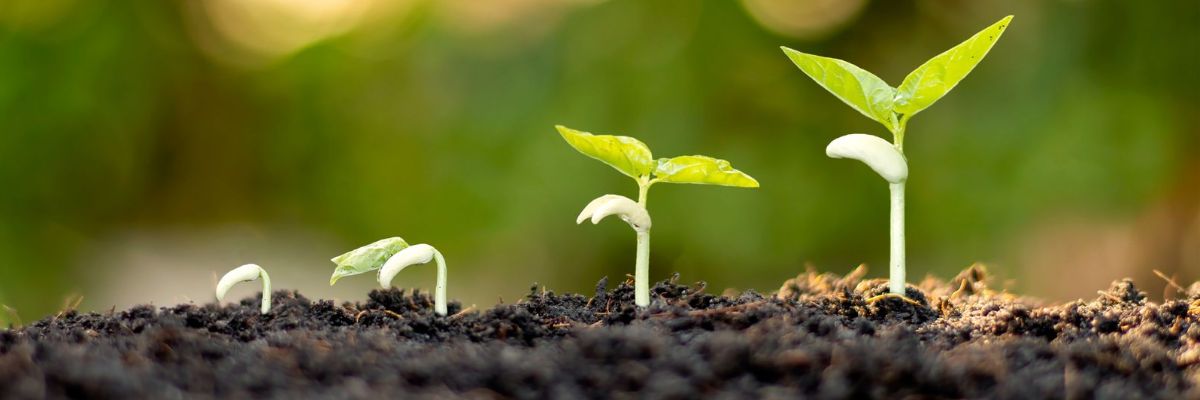
Scientists deciphered a specific gene that influences normal seed development
11. 11. 2021
A plant does not always grow as it should, and sometimes, the problem is right at the start - in the seed. After years of research, scientists have found a new mechanism that influences seed production and quality in plants. Surprisingly, removing the function from a specific gene led to a poor seed development caused specifically by the paternal side. The research helps to understand an intricate process of plant sexual reproduction and thus may contribute to better breeding.
The development of organisms depends largely on chromosomes which carry genetic information. Their complete sets are evenly divided into daughter cells during cell divisions. However, when things go wrong, the cells may receive either incomplete or supernumerary chromosome sets.
Scientists from the Institute of Experimental Botany of the CAS, led by Aleš Pečinka, have followed up on their earlier research on one of the Structural Maintenance of Chromosomes (SMC) complexes. These complexes are found in all living organisms and play a key role in chromosome organization and repair. Back then, the scientists from Olomouc found that a loss of function from a specific SMC complex gene leads to poor seed production in thale cress. Two years later, together with experts from the Complutense University of Madrid, they described in the Plant Cell journal what goes wrong.
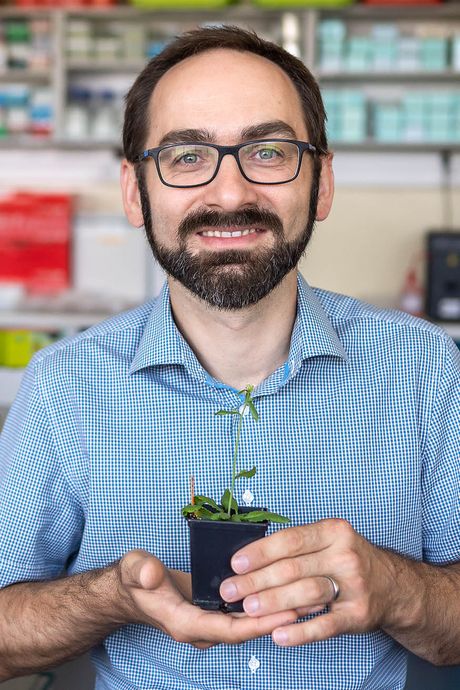
Aleš Pečinka
Damaged paternal seeds
It was hard work. "First, we tried to find out if the propensity for poor seed development is inherited from both parents. We were surprised to find that the damaged seeds only came from the paternal side. This led us to the next step, a detailed study of the pollen grains," explains Fen Yang from the IEB research team. “We found out that the plants we studied did not form regular oval and uniformly sized pollen grains, but rather very diverse pollen grains, ranging from relatively small to very large," she adds.
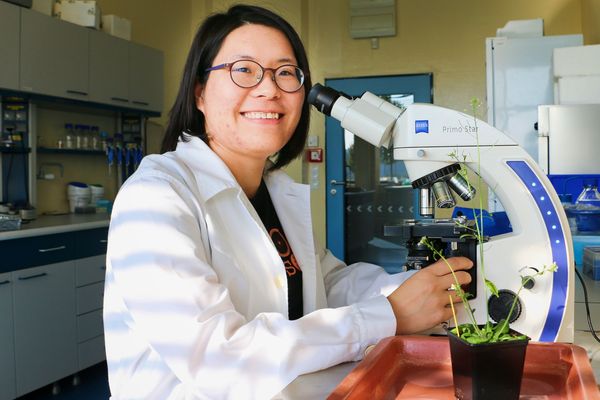
Fen Yang has studied the SMC complex of the thale cress for many years
This result directed the researchers further, and they began to investigate reductive cell division, called meiosis. It turned out that during cell division, errors and skips in certain processes were occurring. "As a result, about a third of the new sex cells acquired ten paternal chromosomes instead of the usual five, and the pollen grains containing them were therefore much larger," says Aleš Pečinka. If the egg was fertilized, the embryo was created with two copies of the paternal hereditary information instead of one. "Such seeds were abnormally large, often with starved embryo and usually died. However, in some cases, these seeds survived and gave rise to plants with three chromosome sets, instead of two, one from mother and two from father."
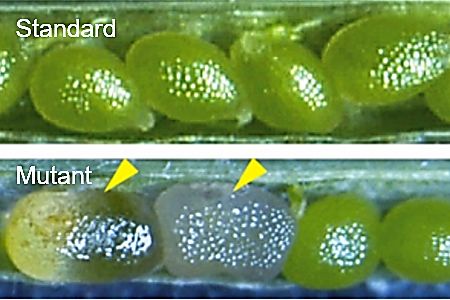
Immature seeds of the thale cress, comparison.
Benefits for people and farmers
The new information has exceeded expectations. "Thanks to this discovery, we can understand much better the mechanism responsible for the reductive cell division that directly affects plant fertility. This is a very important process for breeders and farmers. By its better understanding, we expand our opportunities to influence it for breeding purposes," says Jaroslav Doležal from the Institute of Experimental Botany of the CAS.
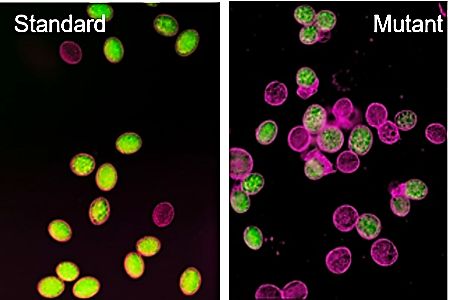
Pollen seeds of the standard and mutant plants
Text: Eliška Zvolánková, Division of External Relations, CAS Centre of Administration and Operations
Photos: Shutterstock; The Institute of Experimental Botany of the CAS
Read also
- A trapped state: The pandemic impact on public attitudes, trust, and behavior
- Aerial archaeology: Tracing the footsteps of our ancestors from the sky
- Archaeologists uncover ancient finds along Prague Ring Road
- Our microbiome largely depends on what we eat, says microbiologist Michal Kraus
- The ABCs of writing: Why did its invention mark a turning point for humankind?
- We learn, remember, forget… What can memory actually do? And can we outsmart it?
- New Center for Electron Microscopy in Brno opens its doors to global science
- The hidden lives of waste: What can we learn from waste workers and pickers?
- A unique lab is hidden right beneath Prague’s Vítkov Hill
- Renewables are a strategic investment in European security, scientists say
The Czech Academy of Sciences (the CAS)
The mission of the CAS
The primary mission of the CAS is to conduct research in a broad spectrum of natural, technical and social sciences as well as humanities. This research aims to advance progress of scientific knowledge at the international level, considering, however, the specific needs of the Czech society and the national culture.
President of the CAS
Prof. Eva Zažímalová has started her second term of office in May 2021. She is a respected scientist, and a Professor of Plant Anatomy and Physiology.
She is also a part of GCSA of the EU.